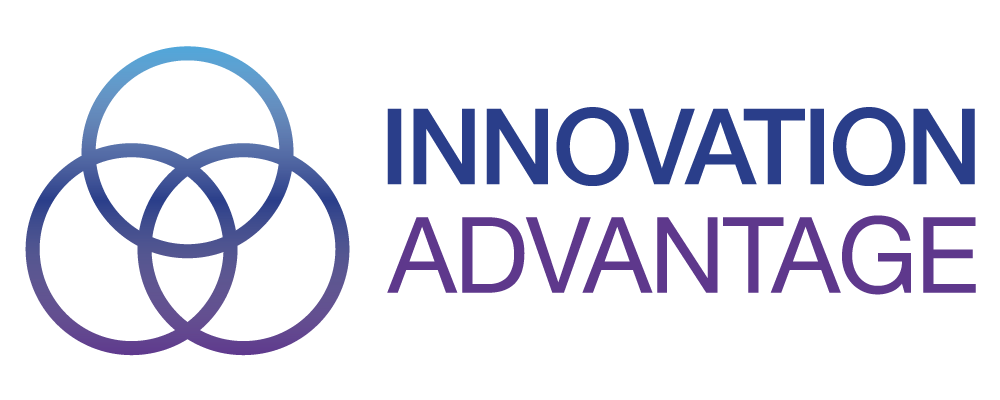National Hospital Week: Nurse Satisfaction Strategies for Hospitals
As Hospital Week approaches, have you ever wondered what things might make a nurse more successful? What could be made simpler or easier to manage so that nurses can provide the best care possible more easily? These are challenging questions, especially in the demanding healthcare environment, where nurses are pivotal and bear immense responsibilities. Ensuring their satisfaction and role success is not just an ethical responsibility but also crucial for the safety and quality of patient care. This National Hospital Week, we wanted to share some ideas and best practices for improving nurse satisfaction and retaining clinical talent.
This Hospital Week Create a Supportive Work Environment: Creating a supportive and respectful work environment is paramount for nurse satisfaction. Recognizing and supporting nurses’ challenges can significantly demonstrate value for their work and boost their morale. Of course, this is always easier said than done and requires a commitment in terms of time and resources. Some steps hospitals can take include:
- Open Communication Channels: Encourage open and transparent communication between nurses, management, and other staff members. Ensure that nurses feel comfortable sharing their concerns and ideas.
- Mental Health Support: Provide access to mental health resources and support. Nursing can be emotionally taxing, and having suitable support systems in place can make a world of difference.
- Work-Life Integration: Implement flexible scheduling and reasonable workloads to help nurses maintain a healthy work-life balance. Consider Offering childcare services or subsidies on the other side of the age spectrum. The same considerations can be valid for elder care subsidies. Many of our nurses are currently in the sandwich generation between children and aging parents, where support and subsidies can alleviate some of the stress.
This Hospital Week Consider Professional Development Opportunities: Investing in nurses’ professional growth enhances their skills and makes them feel valued and appreciated. Hospitals can provide:
- Ongoing Continuing Education: Offer opportunities for nurses to pursue further education and professional development. Providing tuition reimbursement and access to training programs can be immensely beneficial. Also consider online education opinions such as the Virtual Nursing Academy™.
- Career Advancement: Establish Multiple clear paths for career advancement within the organization. While less tenured nurses might not know what their future looks like, they do know they will likely only stay in one place for a while. Help them prepare for a variety of different clinical scenarios within your organization. Recognize and reward excellence and offer opportunities for nurses to take on leadership roles.
This Hospital Week, Do the Obvious and Ensure Adequate Resources and Functioning Equipment: Ensuring that nurses have access to the necessary resources and functioning equipment is essential to perform their jobs efficiently and safely. Hospitals should ensure:
- Up-to-date and functioning Equipment: Regular Leadership rounding should help identify broken equipment. There is nothing more frustrating than a back hallway full of broken pumps. In addition to functioning equipment, updated equipment and technology are essential to streamlining processes and improving patient care.
- Adequate Staffing: This is often a challenging topic. It goes without saying how vital adequate staffing is. This means that direct care nurses must collaborate with leaders to determine how to provide care to patients within the organization safely. We all know the impact of understaffing as it leads to overworking nurses, dissatisfaction, turnover, and compromised patient safety.
This Hospital Week Focus on Recognition and Appreciation: Acknowledging nurses’ hard work and dedication can go a long way in boosting their morale. Hospitals can try:
- Employee Recognition Programs: Implement employee recognition programs to acknowledge and reward outstanding performance. Gestures like the DAISY Awards and appreciation events can make a big difference.
- Feedback Mechanisms: Provide opportunities for nurses to give and receive feedback. Be sure to promptly act on their suggestions to demonstrate their opinions are valued.
In conclusion, enhancing nurse satisfaction is beneficial for nurses and crucial for the overall quality of patient care. Hospitals can significantly boost nurse satisfaction by fostering a supportive work environment, providing professional development opportunities, ensuring adequate staffing resources, and showing recognition and appreciation. Together, these efforts can create a more uplifting and fulfilling experience for everyone involved in the healthcare journey.


